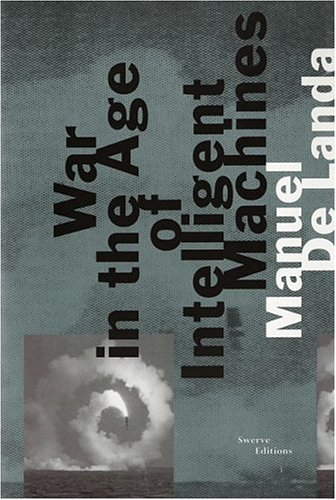Minsoo Kang: Sublime Dreams of Living Machines: The Automaton in the European Imagination (2011)
Filed under book | Tags: · automation, machine, robots, technology, vitalism

From the dawn of European civilization to the twentieth century, the automaton—better known today as the robot—has captured the Western imagination and provided a vital lens into the nature of humanity.
Historian Minsoo Kang argues that to properly understand the human-as-machine and the human-as-fundamentally-different-from-machine, we must trace the origins of these ideas and examine how they were transformed by intellectual, cultural, and artistic appearances of the automaton throughout the history of the West. Kang tracks the first appearance of the automaton in ancient myths through the medieval and Renaissance periods, marks the proliferation of the automaton as a central intellectual concept in the Scientific Revolution and the subsequent backlash during the Enlightenment, and details appearances in Romantic literature and the introduction of the living machine in the Industrial Age. He concludes with a reflection on the destructive confrontation between humanity and machinery in the modern era and the reverberations of the humanity-machinery theme today.
Sublime Dreams of Living Machines is an ambitious historical exploration and, at heart, an attempt to fully elucidate the rich and varied ways we have utilized our most uncanny creations to explore essential questions about ourselves.
Publisher Harvard University Press, 2011
ISBN 0674049357, 9780674049352
368 pages
review (Sara Cole, Rhizomes)
Comment (0)William Chaloupka: Knowing Nukes. The Politics and Culture of the Atom (1992)
Filed under book | Tags: · hyperreality, nuclear weapons, postmodern, poststructuralism, robots, star wars

Countering critics who charge that postmodern positions on language, authority, and power cannot inform effective political responses, this compelling analysis employs these same methods to examine antinuclear politics. Star Wars (the movie and the antimissile system), the Freeze movement, Reaganism, and “lifestyle” politics all receive new treatments.
Publisher U of Minnesota Press, 1992
ISBN 0816620768, 9780816620760
Length 163 pages
Manuel DeLanda: War in the Age of Intelligent Machines (1991)
Filed under book | Tags: · abstract machine, arpanet, artificial intelligence, expert systems, machine, military, robots, technology, turing machine, war

“In the aftermath of the methodical destruction of Iraq during the Persian Gulf War, the power and efficiency of new computerized weapons and surveillance technology have become chillingly apparent. For Manuel De Landa, however, this new weaponry has a significance that goes far beyond military applications: he shows how it represents a profound historical shift in the relation of human beings both to machines and to information. The recent emergence of “intelligent” and autonomous bombs and missiles equipped with artificial perception and decision-making capabilities is, for De Landa, part of a much larger transfer of cognitive structures from humans to machines in the late twentieth century.
In this remarkable book, De Landa provides a rich panorama of these astonishing developments. He details the mutating history of information analysis and machinic organization from the mobile siege artillery of the Renaissance, the clockwork armies of the Thirty Years War, the Napoleonic campaigns, and the Nazi blitzkrieg up to present-day cybernetic battle-management systems and satellite reconnaissance networks. Much more than a history of warfare, De Landa provides an unprecedented philosophical and historical reflection on the changing forms through which human bodies and materials are combined, organized, deployed, and made effective.”
Publisher Zone Books, 1991
ISBN 0942299752
271 pages
PDF (15 MB, updated on 2016-7-18)
Comment (0)
